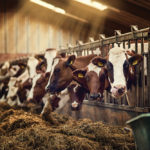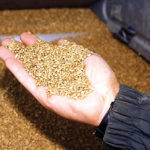Canada’s dairy farmers are again calling on the federal government to make good on its promise to compensate producers, after giving up market share of the supply-managed industry to more foreign competitors through trade pacts. The Liberal government, most recently in its Sept. 23 speech from the throne, has told Dairy Farmers of Canada (DFC)











